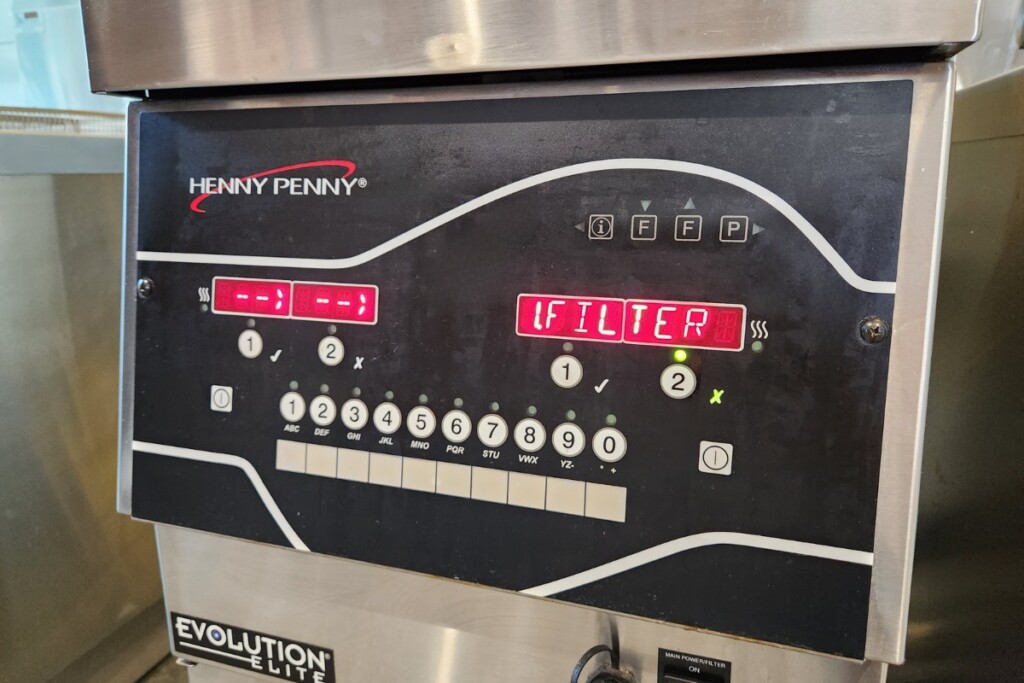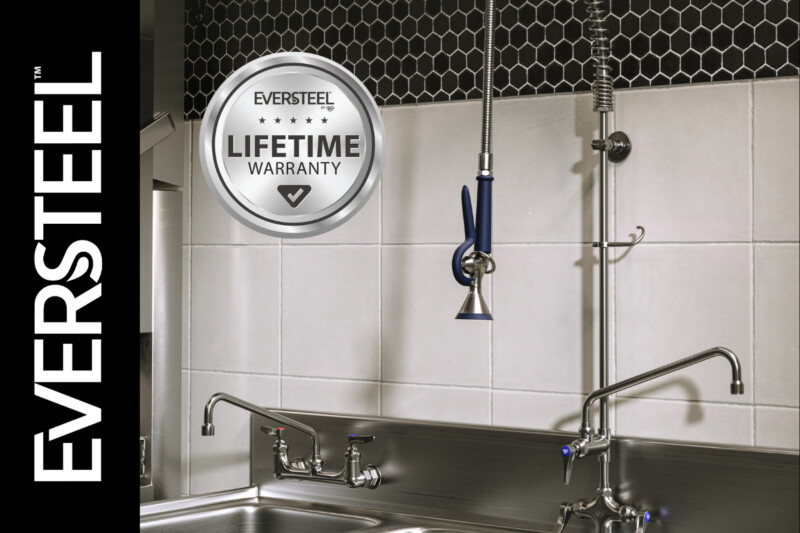SPONSORED CONTENT

At Henny Penny, we understand the importance of maintaining high-quality frying oil in commercial kitchens. No matter what kind of fryer you’re using, filtering your oil regularly is crucial to ensuring that your food tastes great, your equipment stays in good condition, and your customers keep coming back for more. In this blog, we’ll discuss the top five consequences of not filtering your frying oil.
1. Reduced Food Quality
When you don’t filter your frying oil, food particles, crumbs, and other debris can accumulate in the oil, resulting in off-flavors, burnt bits, and other quality issues that can negatively impact your customers’ dining experience. Over time, this can lead to a decrease in sales and customer satisfaction.
2. Increased Equipment Maintenance
Frying oil that is not filtered regularly can become contaminated with sediment and other debris that can clog your commercial fryer. This can cause your equipment to work harder to maintain the proper cooking temperature, leading to increased energy costs and the need for more frequent repairs or replacements.
3. Shortened Oil Life
When you don’t filter your frying oil, it can become degraded more quickly due to the accumulation of food particles, moisture, and other contaminants. This can lead to a shorter lifespan for your frying oil, which means you’ll need to replace it more often, increasing your operating costs.
4. Increased Safety Risks
Frying oil that is not filtered regularly can become rancid or contaminated with harmful bacteria, which can pose a safety risk to your customers. This can result in foodborne illness outbreaks, negative publicity, and legal liabilities.
5. Negative Environmental Impact
When you dispose of used frying oil that has not been filtered, it can contaminate the soil and water supply, causing damage to the environment. Additionally, disposing of oil more frequently due to not filtering it can increase your carbon footprint.
Failing to filter your frying oil can lead to a variety of negative consequences for your commercial kitchen, including reduced food quality, increased equipment maintenance, shortened oil life, safety risks, and negative environmental impact. By implementing (and sticking to!) a regular filtering schedule, you can avoid these consequences and ensure that your kitchen runs smoothly, efficiently, and safely.
Want to take even better care of your frying oil? Get The Ultimate Guide to Extending Oil Life and try our Filter Frequency Worksheet.
RELATED CONTENT
- Advertisement -
- Advertisement -
- Advertisement -
- Advertisement -
TRENDING NOW
- Advertisement -
- Advertisement -


